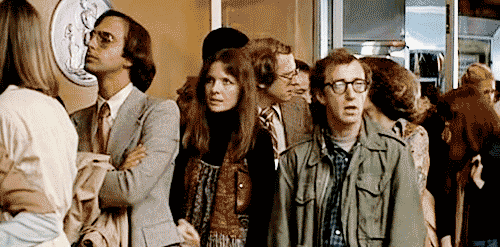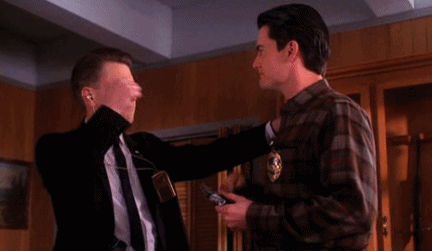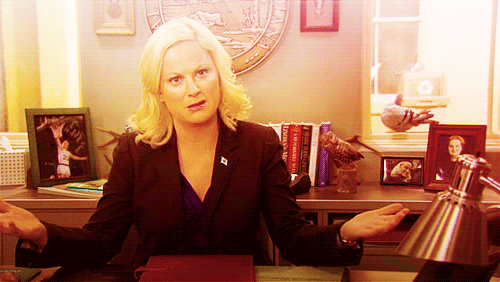Sign up for The Media Today, CJR’s daily newsletter.
1. Your redesign will take twice as long as expected.
And probably cost twice as much, too. You can use the lag time to educate any digitally ignorant leaders at your organization about the difference between an app and a mobile-friendly site.

2. No one will like your redesign.
Even if you’re The New York Times and have some of the best design talent working to make cosmetically minor tweaks to your site, people dislike change. Give them a while to get used to it–they will.

3. You are not a unique snowflake.
It doesn’t matter if someone’s made that argument before or reported on that phenomenon already. Doing it best is better than getting there first–though you still want to arrive on the early side. And for god’s sake, don’t get upset when someone publishes something similar and doesn’t credit your article, which was posted a few hours earlier. Unless they’ve lifted your quotes, in which case you can feel free to get upset. (But you still have little recourse.)

4. They aren’t “readers.” They’re users.
Don’t pay lip service to the value of multimedia journalism and then lament the fact that you have to use a broader term for the audience you’re targeting. It’s a good thing to have people use the publications you create and engage with the news you report in a variety of ways. Make your peace with it.

5. You can’t make good digital work if you’re constantly mourning print.
I realize you still have strong feelings about the tactile rush of holding a print newspaper in your hands while you’re sipping your morning coffee. You probably also like the smell of old books. Cool. Me too. Keep those feelings to yourself and get excited about the possibilities of the internet.

6. Social media is not a promotional tool.
Whether you’re in charge of a publication’s official account or posting on your own behalf, using Facebook and Twitter as firehoses for your work is never going to get people to engage. It’s social–as in, meant for interaction and dialogue. If all you do is post your own links and headlines, your followers can tell you’re just using them. And they’ll unfollow.

7. Twitter only matters to journalists.
And tech folks. All of the civilians are on Facebook.

Has America ever needed a media defender more than now? Help us by joining CJR today.


